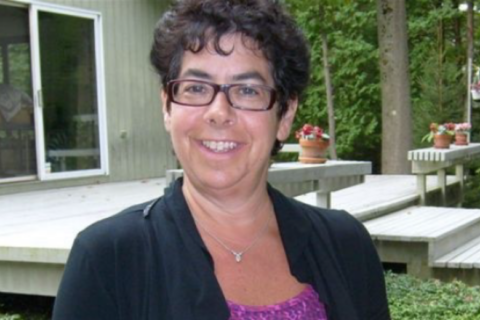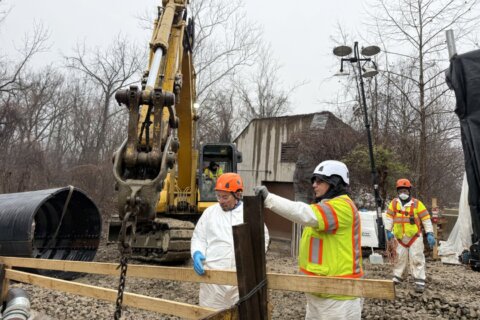A Montgomery County, Maryland, middle school student called attention to how she believed American history could be better taught in the school system.
“The dreadful death of George Floyd was a huge eye-opener to me,” Tiara McDonald, a student at Herbert Hoover Middle School in Potomac, told the members of the Montgomery County Board of Education as she asked for a change in the school system’s curriculum.
McDonald told the school board that the protests that erupted across the U.S. and even overseas show why students should learn about issues surrounding race, discrimination and African-American history in elementary and middle schools, and why the topics shouldn’t be shoehorned into Black History Month’s lesson plans.
“Black history is important to talk about outside of Black History Month. Black history is America’s history,” McDonald said.
Referring to the lesson plans that are typical of what’s taught during February, McDonald said, “This month of learning talks about racial injustice like it’s something in the past. As we are now aware, racial injustice is current.”
As she described cases such as Floyd’s police-custody death and discrimination issues, McDonald said, “I just want all of this to stop, but not addressing it diminishes the problem.”
McDonald’s video testimony before the school board prompted a discussion among board members.
Montgomery County Superintendent Jack Smith said that the K-8 Language Arts program had been updated to include more diversity in the reading selections. And, he said, the social studies curriculum at the secondary level was under study.
“When can parents and families expect to see something different in the classroom?” asked Board member Karla Silvestre.
Deputy Superintendent Monifa McKnight said the curriculum is under review, and that a timeline for rewriting lesson plans is being developed.
Board member Jeannette Dixon, a retired county schoolteacher and principal, said that African-American history is taught as an elective and that, traditionally, the course attracted mostly African-American students. She expressed the hope that more students of other races would sign up for the course in the future.
Dixon also noted that the required national, state and local government course includes lessons on how protests can effect change.
“Hopefully, with these recent events, we will see some change,” Dixon said.








